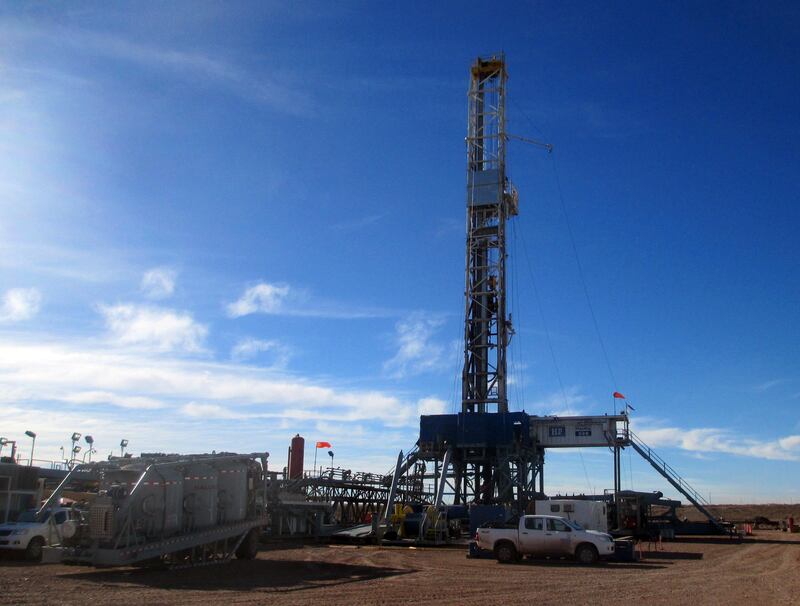The Saudi Arabian energy minister Khalid Al Falih agreed with his Venezuelan, Kazakh and UAE counterparts to keep all options open in their push to re-balance world oil markets, including the possible extension of output cuts beyond next March.
Mr Al Falih concurred in separate talks with the ministers in the Kazakh capital Astana that steps taken by Opec and other major crude producers such as Kazakhstan have contributed to better market stability, according to statements from the Saudi energy ministry.
Saudi Arabia and Venezuela, both members of Opec, agreed to consider prolonging production cuts “beyond the first quarter of 2018, if needed”, the Saudi ministry said. The kingdom and Kazakhstan said such an extension “would be considered in due course as market fundamentals may dictate”, according to a separate Saudi statement.
Opec and other producers including Russia pledged to reduce output by about 1.8 million barrels a day through March to trim global oil inventories and buttress prices. The producers are seeking to strengthen compliance with the cuts accord they reached last year. Benchmark Brent crude has lost 6 per cent this year and was trading at $53.81 a barrel at 11.10am UAE time on Tuesday.
_______________
Read more:
Further OPEC cuts likely to receive Russian backing
Iraq looks to revamp way it sells oil to its biggest customers
Adnoc cuts production to meet Opec terms
_______________
Mr Al Falih met with Venezuela’s Eulogio Del Pino, Kazakhstan’s Kanat Bozumbayev and the UAEs’ Suhail Al Mazrouei on the sidelines of an event by the Organisation of Islamic Cooperation in Astana.
Mr Al Falih and Mr Al Mazrouei agreed that an extension of the output cuts beyond March 31 “may be considered in due course as fundamentals unfold”, according to the Saudi ministry. The Saudi energy minister and his Venezuelan counterpart said both their countries are exceeding full compliance with their targeted production cuts and that they shared “an optimistic outlook” on global supply and demand for crude in 2018.
Mr Bozumbayev told Mr Al Falih that “despite the gradual ramp up of the giant Kashagan field this year, Kazakhstan was able, through reducing production in other fields in August, to achieve more than full conformity with its voluntary production level”.
Mr Al Falih agreed with Mr Bozumbayev to expand cooperation between their two countries in all areas of the energy industry, “including two major projects in Kazakhstan in petrochemicals and renewable energy,” according to the ministry.





